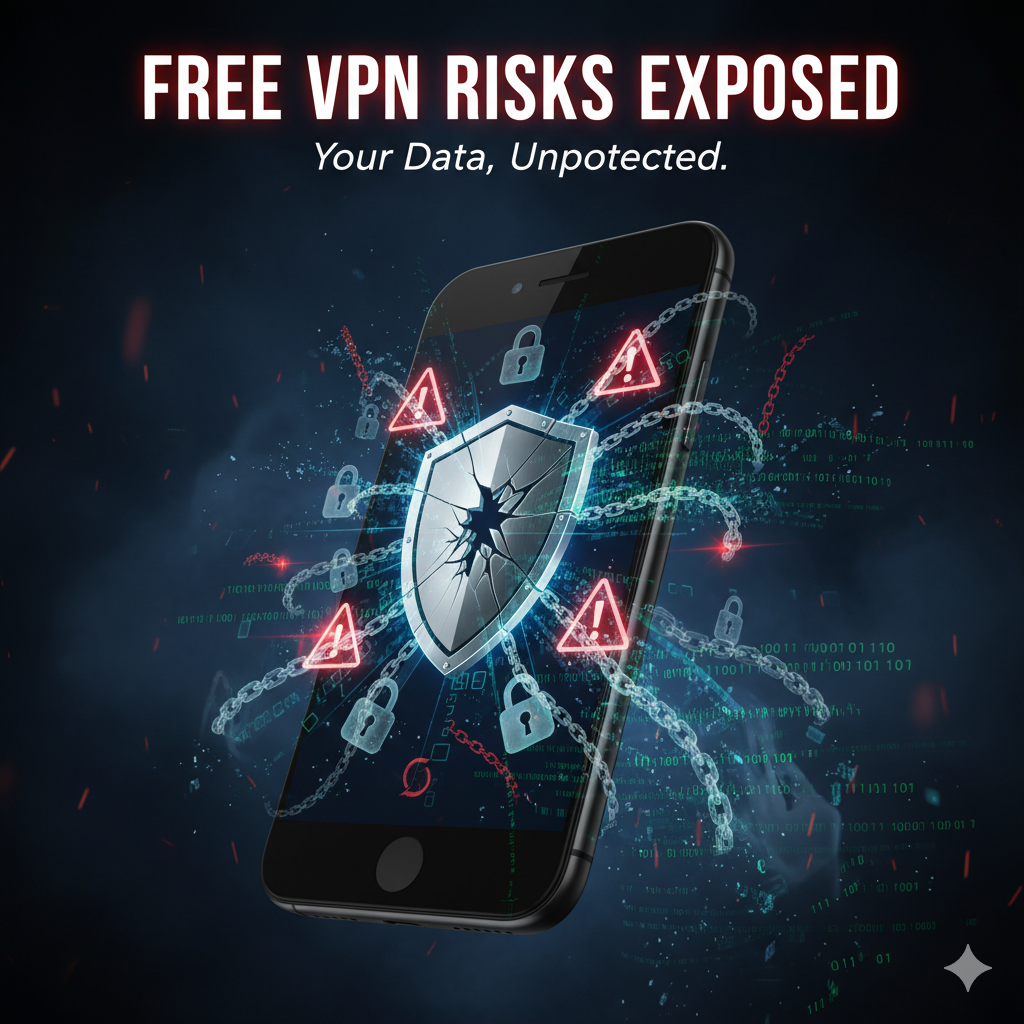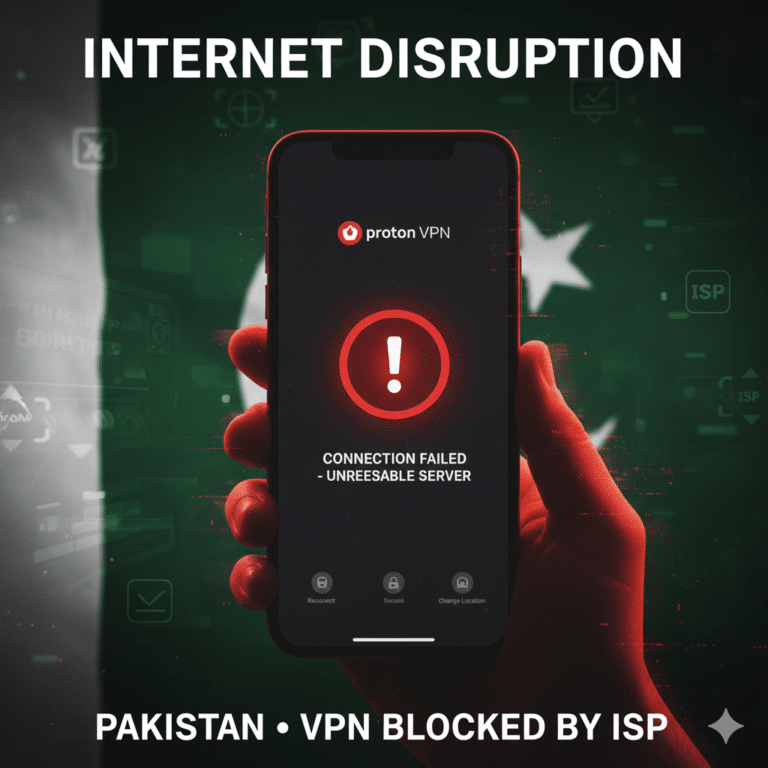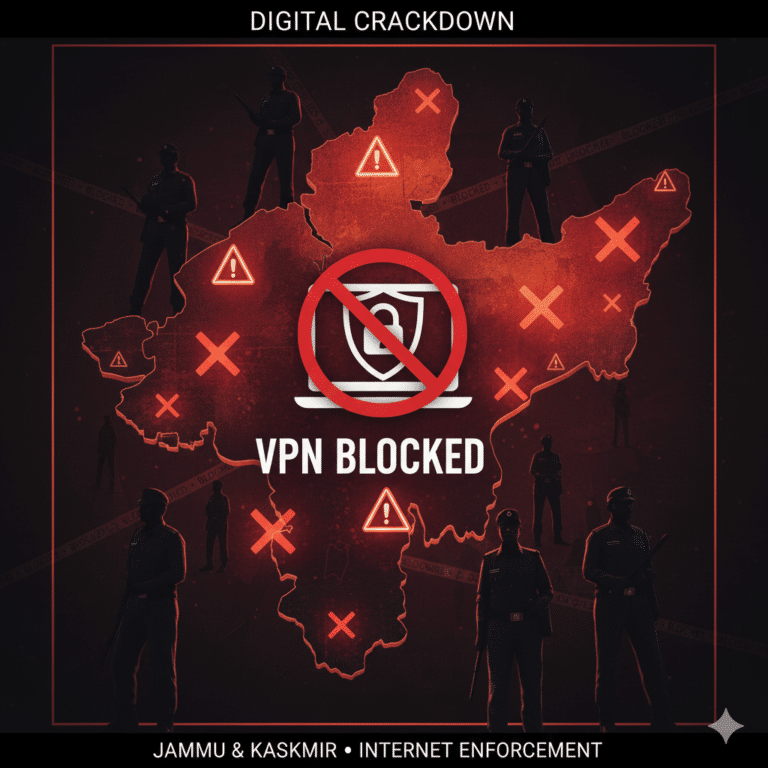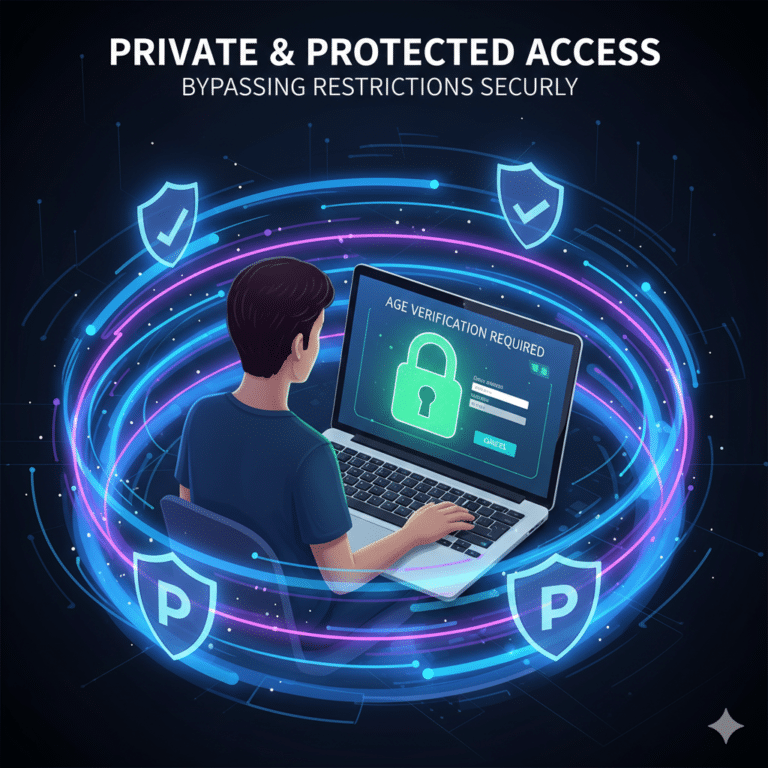Virtual Private Networks (VPNs) are often positioned as guardians of privacy: they mask your IP, encrypt traffic, and cloak your online footprint. Yet, according to a new in-depth study by Zimperium, a large proportion of free VPN apps may instead expose users to serious vulnerabilities — from DNS leaks and Man-in-the-Middle (MitM) risks to problematic permissions, outdated libraries, and even embedded malware. This shift from protector to risk vector is alarming, especially for privacy-conscious users relying on “free” tools. In this article, we unpack the key findings, compare with paid solutions, and help you understand how to guard yourself.
Key findings: What the study discovered
Zimperium’s zLabs team analyzed roughly 800 free VPN apps across Android and iOS platforms, revealing a pattern of unsafe practices and privacy violations. Some of the most alarming findings include:
Outdated, vulnerable code libraries — some apps still ship with legacy OpenSSL versions (including those vulnerable to Heartbleed)
DNS and traffic leaks — nearly 1% of apps were vulnerable to MitM attacks; DNS leaks occurred under certain network conditions
Excessive permission requests or misuse — apps asked for unrelated permissions (e.g. location always, access to logs, screenshot capabilities)
Mislabeling or missing privacy manifests (iOS) — 25% omitted required privacy manifests, and over 6% requested private entitlements without justification
Insecure components or behaviors — exported activities, weak “exported content providers” on Android allowed other apps to tamper with VPN’s internal data or state
These findings suggest that many free VPNs do more harm than good — offering a false sense of security while leaving users exposed.
Why these flaws matter in real life
DNS / IP leaks and MitM exposure
Leaks — whether DNS, WebRTC, or routing table exceptions — can allow an ISP or malicious actor to see what domains you’re visiting, even if the traffic is encrypted. In the study, some apps failed to validate TLS certificates properly, allowing MitM attacks where encrypted data could be intercepted or manipulated. (Zimperium)
Over-permission & system control
When a VPN app requests broad permissions—like access to system logs, location, or screenshot capture—it greatly widens the attack surface. A malicious or compromised VPN app could abuse those permissions for espionage, credential theft, or payload injection.
Outdated cryptographic libraries
Using antiquated or vulnerable libraries (e.g. old OpenSSL) means apps may be exploitable with publicly known exploits — undermining the very foundation of encryption and secure communication.
Lack of transparency
Missing or misleading manifest declarations (on iOS) prevents users from knowing exactly what data the app collects or why permissions are needed. This opacity is antithetical to the promise of privacy.
Paid VPNs vs. Free: A comparison
Feature / RiskFree VPNs (as per study)Premium VPNs (expected)Code maintenanceMany use outdated or unpatched librariesRegular updates, audited dependenciesLeak protectionFrequent DNS, IP, routing leaksStrong leak controls, kill switchesPermissionsExcessive, sometimes maliciousMinimal necessary permissionsTransparencyMissing manifests / hidden behaviorsClear policies, audits, open source segmentsMonetizationAd-tracking, data sale, hidden SDKsSubscription revenue, no data monetizationSupport & infrastructureLimited servers, poor performanceLarger networks, dedicated throughput
Premium VPN providers tend to invest in security architecture, auditability, and network resources — making them far safer choices for users.
What you can do: safer VPN usage tips
Use well-known, audited VPNs — pick services with published audits, open components, or reputation in the security community.
Limit permissions — if a VPN app asks for access outside networking (e.g. screenshots, storage, logs), that’s a red flag.
Check for leaks — use IP/DNS leak tests while connected to the VPN to see if your real IP or DNS requests are visible.
Prefer open-source or transparent clients — apps where the community can audit code reduce the risk of hidden backdoors.
Avoid “free forever” offerings on unfamiliar brands — many exist to monetize your data or insert tracking.
Use kill-switch and leak protection features — features that sever connection if VPN fails help prevent accidental exposure.
learn more than U.S. state shows spike in VPN interest after age-verification law
Conclusion
This study underscores a harsh truth: many free VPN apps are riddled with security flaws, privacy violations, and opaque behaviors. What appears as a tool of protection may secretly put you at more risk. While not all free VPNs are malevolent, the chances of choosing a safe one are low unless it comes from a highly reputable provider with transparent practices. If you value your privacy, going with a well-reviewed premium VPN — or at least a free option from a trusted brand — is a far safer bet.



